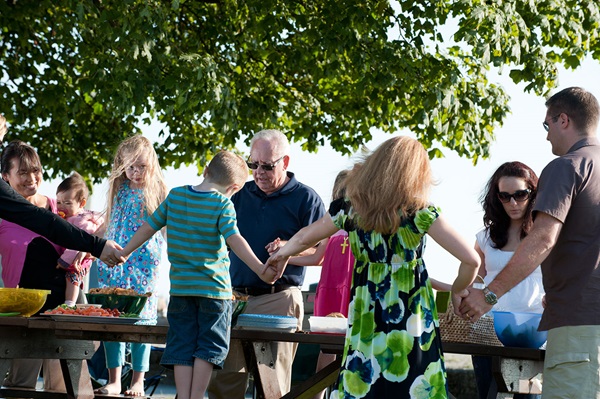Create a welcoming environment for Christian singles in all stages of life with these fresh ideas that will breathe new life and even more excitement into the traditional singles ministry.
However, before getting into the new ideas, let’s identify some of the problems and myths with stereotypical thinking about singles’ ministry.
1. Singles-only events – Church leaders may have good intentions when offering singles-only events. However, the separation can alienate them from the larger church community. Just because a person is single doesn’t mean he or she can’t or doesn’t want to interact with married couples or families.
2. Not everyone is in their early 20s – Typically, we think of singles as young adults fresh out of college, beginning careers and establishing their own lives, but many vibrant singles are in their 30s, 40s, 50s and beyond.
3. Playing matchmaker – Not every Christian single is looking for a mate. And that’s OK! There are lots of reasons a person may want to be single. One is a whole number. A single person can be content.
How do you abandon these problematic ideas and myths to develop an active, engaging and thriving ministry to serve single adults in the 21st century? Terry Hershey, a leader in singles’ ministry, believes churches don't need singles ministers as much as singles advocates. Advocacy, he says, "has nothing to do with instituting a program. It has to do with how we help provide childcare for single parents who are in our church. It has to do with how we plug people in who are single adults, so they know they can serve here and have support here. That's singles ministry."
Singles ministry is a perpetual revolving door. The dynamics of the group change as individuals find partners, date and then leave the group when they no longer perceive themselves as “single.” When a participant leaves the group, for whatever reason, it leaves the remaining singles in a state of disarray, trying to reshuffle and adjusting to the diminished numbers. By including singles in the full church community and not always separating singles and married couples, you avoid some of this disarray. Integrating singles ministry and family ministry allows singles to know that, even if they marry, they can still be active with people in the singles ministry. It eliminates the instability caused by traditional ministry with singles-only that when you marry, you’re out.
Consider the needs of singles of all ages and life stages.
In an earlier MyCom article on launching a Christian singles ministry, the author wrote, “One singles group for everyone may be easiest, but consider creating sub-groups based on age or type of single. Those in the 18-29 age bracket are at a different stage of life and likely to have different interests than those who are age 50 or older. The perspectives of formerly married and never-married singles may be quite different. Acknowledging these differences will help participants identify with their peers and grow your ministry.”
No silver-bullet guarantees the success of a singles ministry. While most men enjoy watching the Super Bowl and fellowshipping together, many women may not find that too appealing, although some will. A day of go-kart racing, bumper boats and arcade games may appeal to younger singles, while a concert in the park may be more appealing to older singles.
Even more important than considering gender and age is realizing that those who are divorced without children, single parents and widows may be vastly different. Evaluate the needs of your different subgroups. Consider going to different retreats or workshops, such as a single-parenting seminar, money-management workshop or a divorce-recovery event.
Look for things that appeal to all ages and life-stages like progressive dinners, barbeques, community service and scavenger hunts. Discipleship Ministries (formerly the General Board of Discipleship) has some great resources for Young People’s Ministry and Adult Singles Ministry.
Create natural opportunities to meet other singles.
One reason singles may not attend singles-ministry events is they may feel as if they are going to a lonely-hearts club, no matter how great the other people are. However, if singles go to a church softball game, conference, potluck or other event in a group that also includes married couples, they won’t feel so much like contestants on a matchmaker game show. These events are natural settings in which to meet others. A “singles only” event, on the other hand, can feel awkward and pressuring.
Integrating singles ministry with family ministry is an important objective. These ministries are not mutually exclusive; they share common purposes and bonds. Invite singles to help in vacation Bible school, to play on the mixed-gender volleyball team that includes married and single members and to join the fun at the all-church bonfire.

